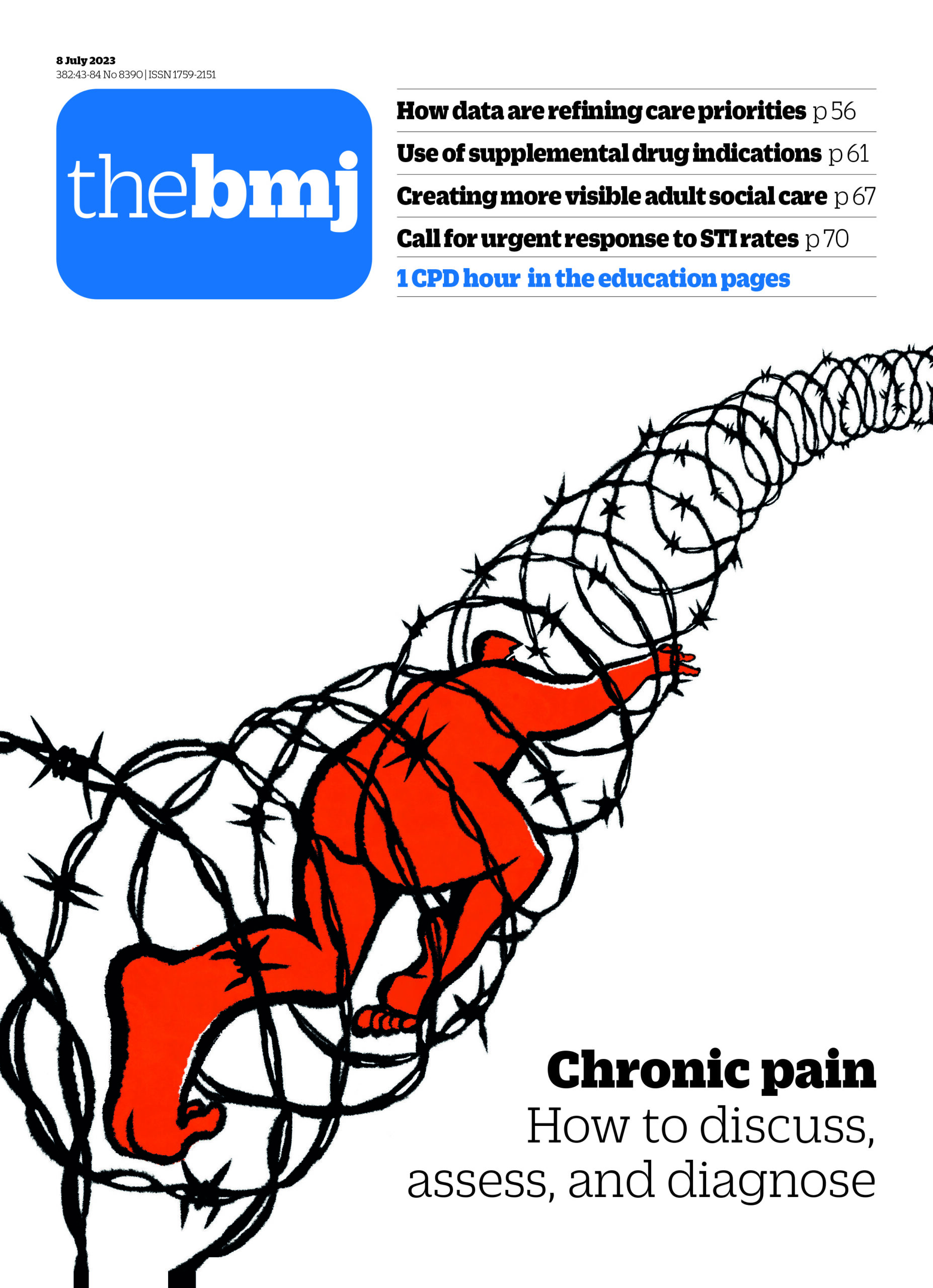Generative AI for medical research Leave a comment
- Jessica Morley, doctoral student1,
- Nicholas J DeVito, postdoctoral researcher,
- Joe Zhang, intensive care doctor and data scientist
- 1Oxford Internet Institute, University of Oxford, Oxford, UK
- 2Bennett Institute for Applied Data Science, Nuffield Department of Primary Care Health Sciences, University of Oxford, Oxford, UK
- 3Institute of Global Health Innovation, Imperial College London, London, UK
- Correspondence to: J Morley Jessica.morley{at}oii.ox.ac.uk
Protecting against misuse without forfeiting the potential benefits is key
The global market for artificial intelligence (AI) for healthcare is booming. Currently valued at $15bn (£12bn; €14bn), it is expected to near $200bn by 2030.12 Public sector spending on AI for healthcare is also on the rise. The UK government, for example, has already invested more than £123m in AI for healthcare technologies.3 Of course, previous AI “summers” were followed swiftly by AI “winters,” when the gap between expectations and the reality of AI grew too wide. This summer’s heat and longevity can largely be attributed to the advent of generative AI.
Generative AI is a type of machine learning capable of generating data in a range of formats (including text, image, audio, video, or code) and adapting to new tasks in real time, following simple text based prompts. These capabilities make generative AI flexible, as one “model” (for example, ChatGPT or DALL-E) can be used for a variety of tasks—including medical research tasks—without having to be retrained. This flexibility makes generative AI appealing …



